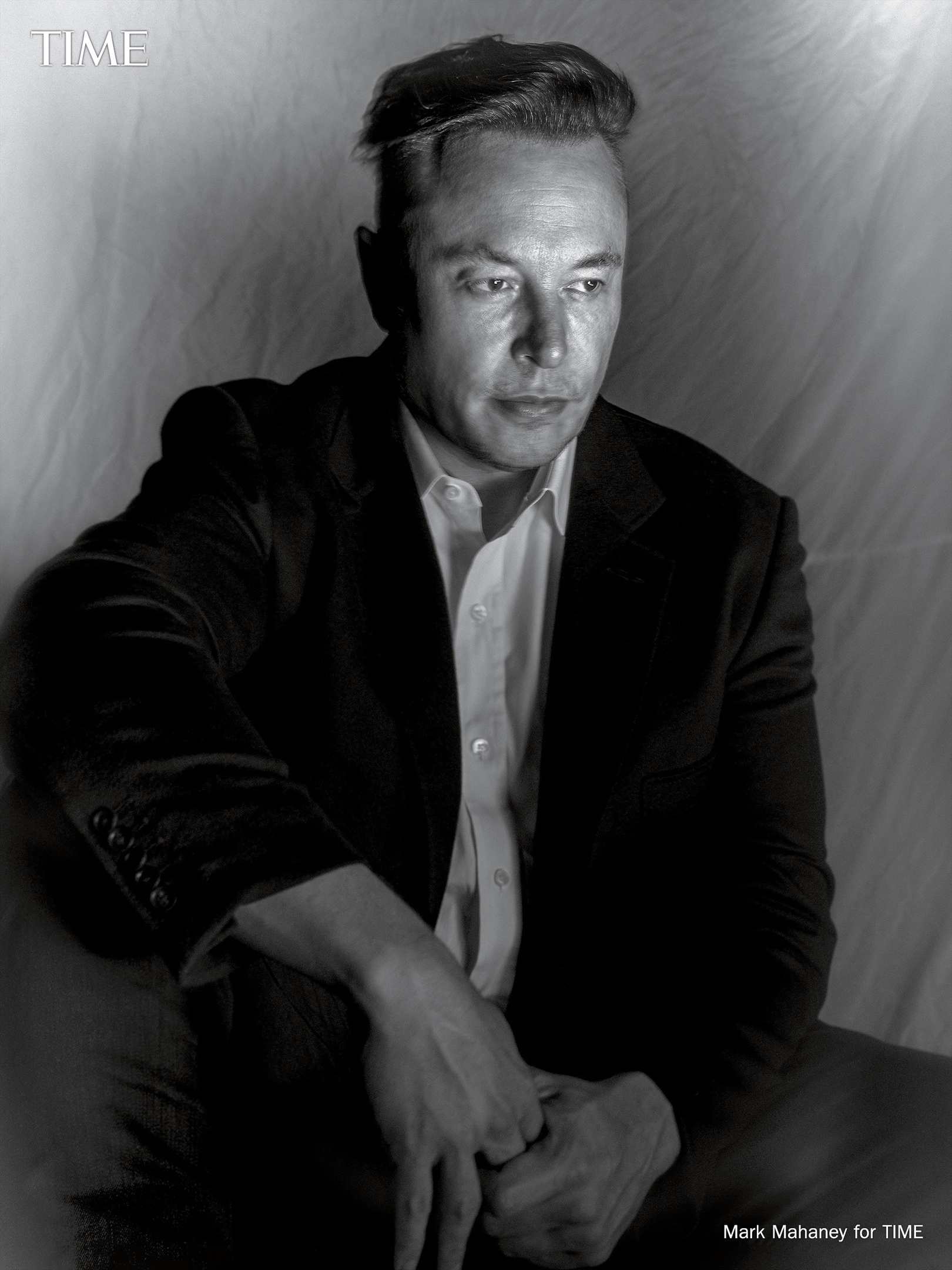Diving into the history of the creation of artificial intelligence (AI) from OpenAI reveals a number of interesting aspects related to one of the former co-founders of the company — the famous entrepreneur Elon Musk. The other day, previously unknown details of the billionaire’s reaction were made public when an AI expert pointed out the main drawback of Musk’s plan to colonize Mars.

According to the New York Times, Google DeepMind co-founder Demis Hassabis and Musk discussed the topic of Mars shortly after their first meeting in 2012 at a conference organized by their mutual investor, the famous PayPal founder Peter Thiel.
During a visit to SpaceX headquarters, the billionaire began to share his ambitious plans for colonizing Mars. He saw this as a solution to the problem of overpopulation on our planet and other challenges that humanity would face in the future. Hassabis generally agreed with Musk, with one exception: he believed that AI should not be used during the settlement of a neighboring planet. According to him, if artificial intelligence surpasses human intelligence, it can threaten the Martian colony with complete destruction.

According to the NYT, upon hearing this conclusion, Musk literally “lost the power of speech.” The founder of SpaceX obviously blundered in his plans, which was a kind of reflection of his underestimation of the possible problems that could haunt people on Mars. After this conversation, he became a staunch critic of the dangers associated with AI but invested in DeepMind to learn more about its capabilities. The billionaire also expressed the opinion that it was necessary to create a regulatory body that monitored the development of technologies and ensured that they corresponded to the interests of humanity.
Of course, the idea of salvation from earthly problems on the Red Planet may seem optimistic. However, there is no guarantee that dangers such as viruses and epidemics, killer robots or even wars will not haunt people in their new place of residence. 12 years ago, Musk did not seem to take this possibility into account. This indicates his naivety about real potential threats.
Earlier, we reported on how artificial intelligence learned how to extract oxygen on Mars.
Follow us on Twitter to get the most interesting space news in time
https://twitter.com/ust_magazine


